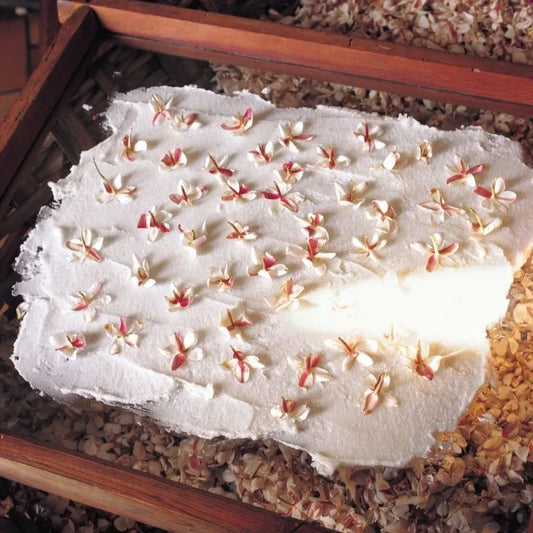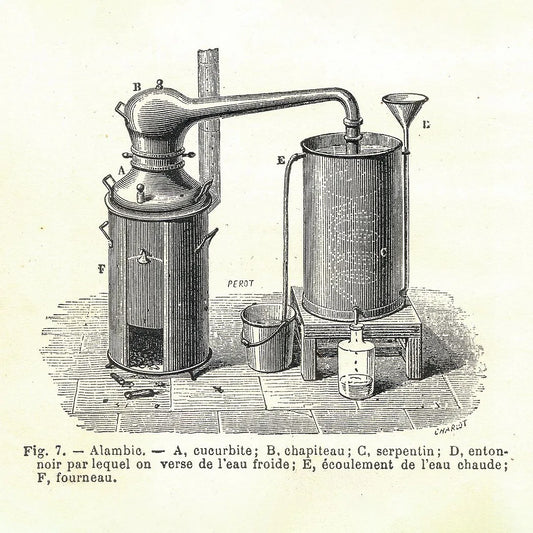These oils are called “essential” because they come from the essence (scent) of the plant, not because they are in any way critically important to human life. While there is no way to know for certain who was the first to call these oils essential, the name appears to have had its origins in the Middle Ages, when alchemists (the precursors to pharmacists) distilled the oils from plants and vaporized them. These early scientists experimented with the oils in an effort to find ether, the elusive fifth element that they believed filled the empty space between the four tangible elements: earth, air, fire, and water. When their efforts in working with plants produced a scented vapor, they labeled this the “quintessence,” seeing it as a first step in finding ether. Much more modern scientific research in 1887 dispelled the myth of ether, but the name for the easily vaporized scented liquids remained.
The term “essential” also implies that these oils excel in purity and that they have not been adulterated by chemicals. Products that contain alcohol, water, sugar, corn syrup, or other additives are labeled extracts (such as vanilla extract, one of the most common food flavor additives), perfumes, or flavorings, while the implication of essential oils is that they contain nothing but the essence of the plant in liquid form. Not all essential oils are 100 percent pure, however, despite labeling that advertises them as such. Some extraction processes require the use of solvents to obtain the terpenes from the plant, and these solvents remain with the oil as a result. Additionally, some bottlers of essential oils use additives to produce more oil using less of the expensive essence, resulting in greater profit for the bottler. This adulteration is not always apparent to the consumer.





